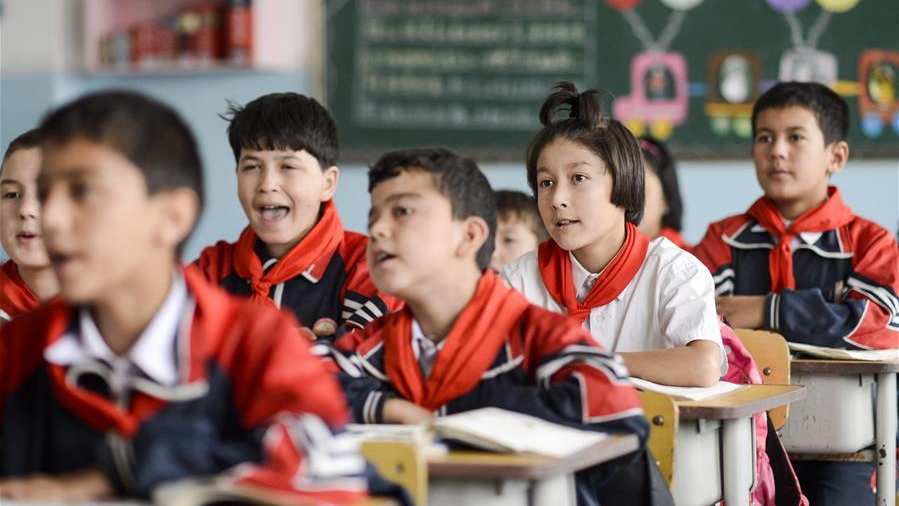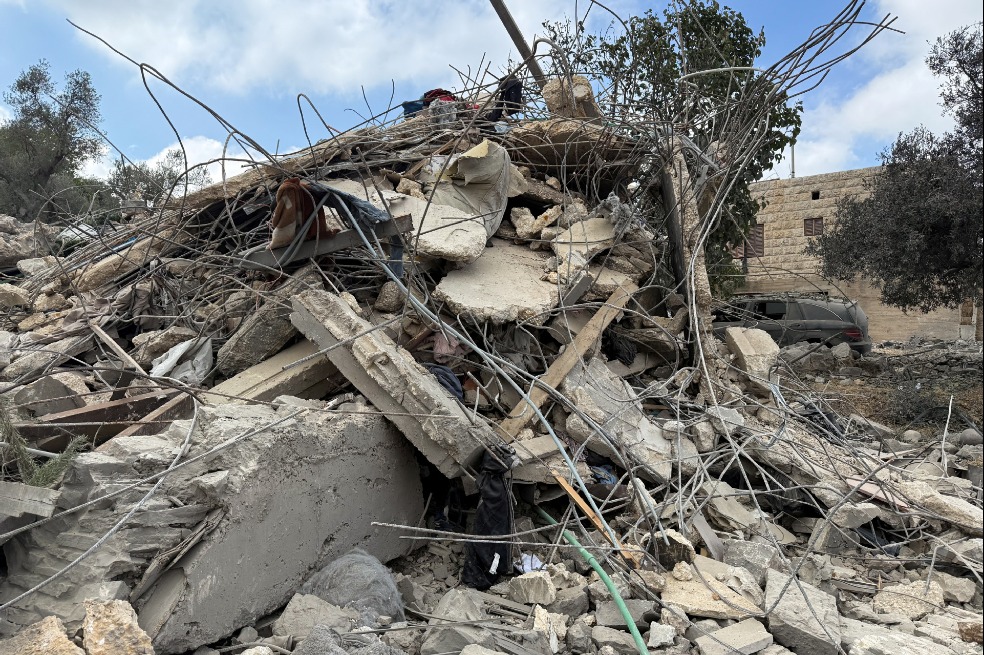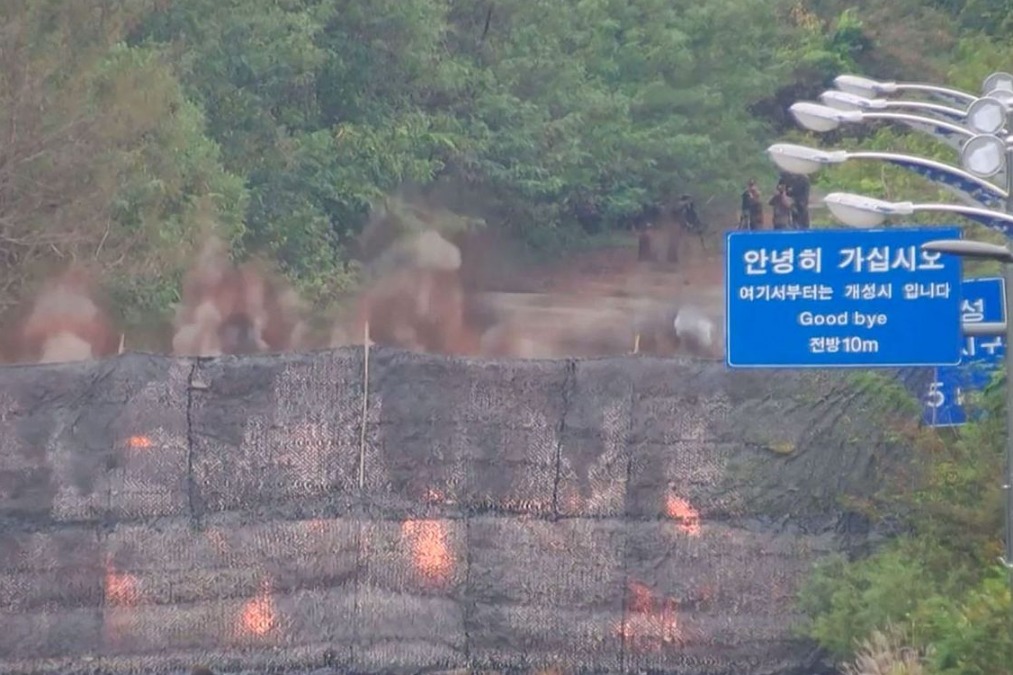EU agrees human rights sanctions against China


Member states of the European Union have agreed to impose sanctions on four Chinese officials and one entity, European diplomats said Wednesday, over so-called human rights violations in China's northwestern Xinjiang Uygur autonomous region.
Ambassadors from the 27 EU countries gave the green light for the measures as part of a package of so-called human rights sanctions that will also see individuals in Russia, the Democratic People's Republic of Korea, Eritrea, South Sudan and Libya targeted, the sources said.
The sanctions-set to hit around a dozen people in total-h(huán)ave to be formally confirmed by EU foreign ministers meeting on Monday.
China's top envoy to the EU, Zhang Ming, had warned Brussels to think twice before imposing human rights sanctions on China.
The ambassador made the remarks on Tuesday in a videoconference with the European Policy Center, a Brussels-based think tank, when asked about likely sanctions by the EU.
"We want dialogue, not confrontation. We ask the EU side to think twice," Zhang said.
"If some insist on confrontation, we will not back down as we have no options other than fulfilling our responsibility to the people in our country," he said, without elaborating on what China will do in response if the EU goes ahead with such sanctions.
A former vice-foreign minister, Zhang hopes the EU and its member states will stay away from judgments along ideological lines, reject disinformation and lies, and adopt an objective and sensible stance.
He said issues facing Xinjiang are about fighting terrorism, extremism and separatism, not human rights violations. He cited the fact Xinjiang was severely ravaged by terrorism and violence that caused huge casualties and property losses just a few years ago.
He said China has taken preventive steps to promote deradicalization, like setting up training centers, to stop that dangerous trend and fight terrorism.
Zhang added China has drawn upon international experience and practice from global partners and the United Nations in its counterterrorism and deradicalization efforts in Xinjiang.
The UN Action Plan to Prevent Violent Extremism points out that poverty, unemployment, lack of education and distortion of religious belief, among others, are causes for violence and extremism, Zhang told the online participants.
A common move
He said countries like the United States, the United Kingdom and France have all established deradicalization or correction centers.
"China's measures are not entirely different from theirs," Zhang said.
The veteran diplomat said such efforts have produced good results. The past four years have not seen a single terrorist attack in Xinjiang. People feel much safer. They could sleep tight at night. Restaurants and cinemas are open till midnight.
Despite the pandemic, Xinjiang witnessed its per capita income rise by more than 3.2 percent in 2020.
"All this is the best protection of human rights," Zhang said.
He pointed out some China haters do not want to see a peaceful Xinjiang and have fabricated many lies such as "concentration camps, genocide and forced labor".
He said such political manipulations aim to strip people in Xinjiang of their right to pursue a better life, harming China's security and development interests.
"We would never allow such efforts to go their way," he said.
Chen Weihua in Brussels and agencies contributed to this story.

































